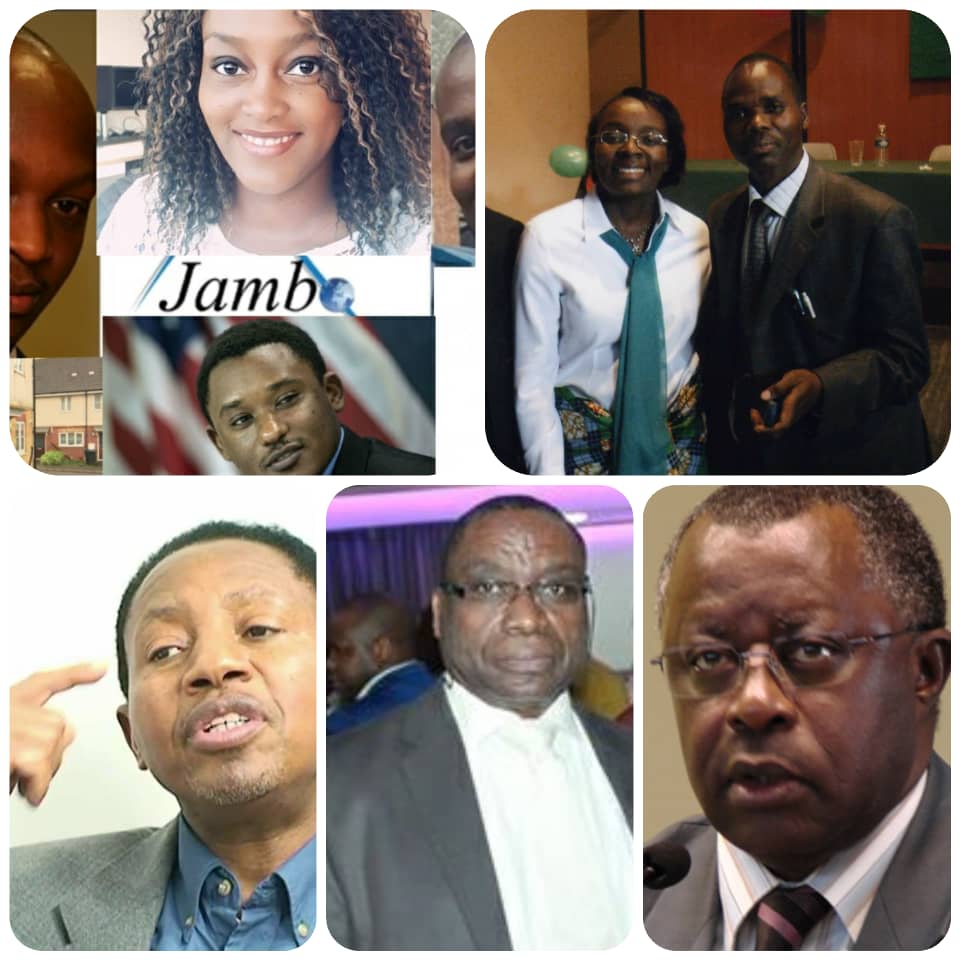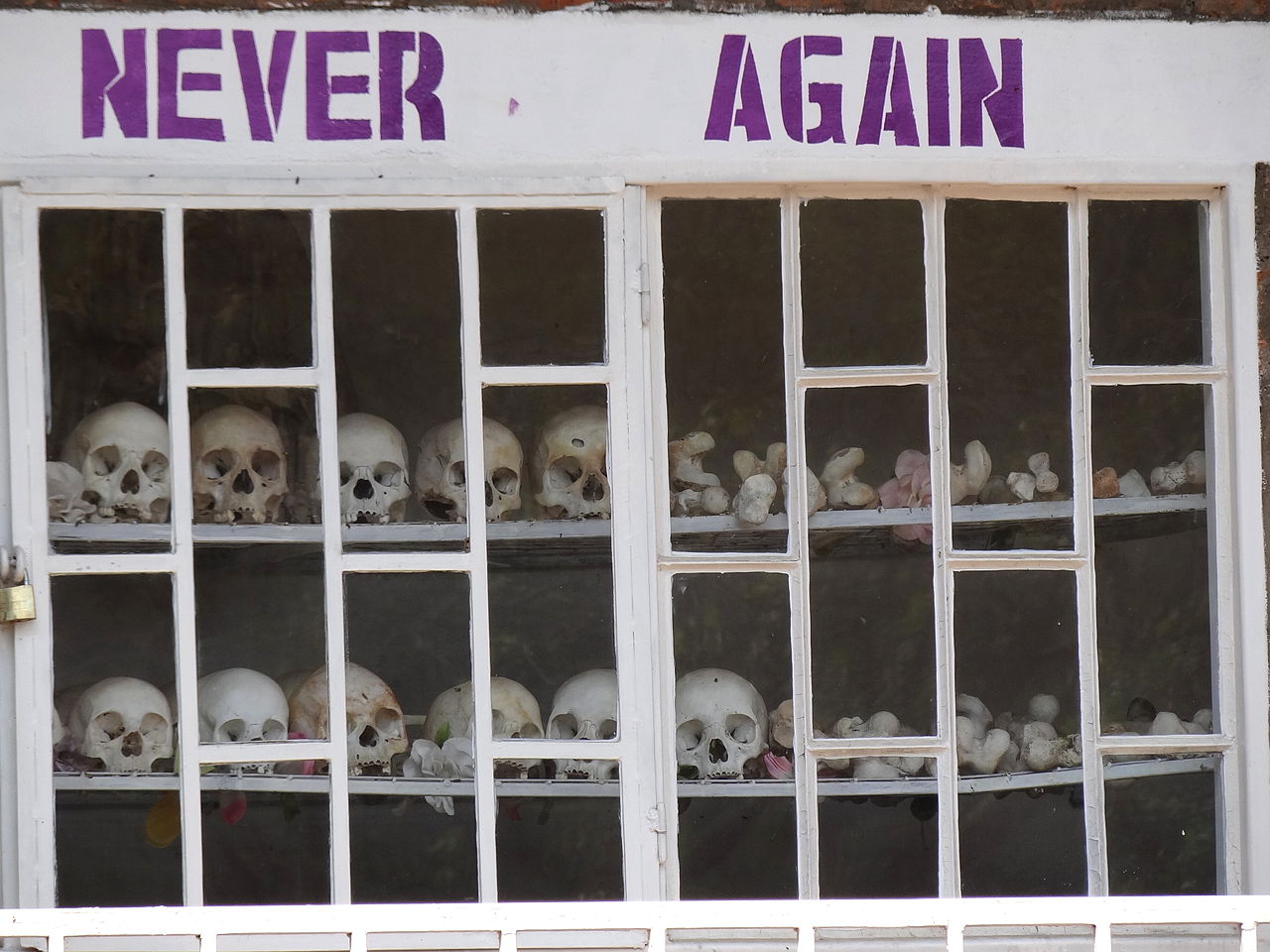Regional
Politicizing Arsenal deal smells anti Rwanda Propaganda

It
has become routine for a section of the British press to write anti-Rwanda
headlines like the recent article in the Guardian titled “Does Arsenal’s Visit
Rwanda shirtsleeve deal remains a ‘Compelling fit’? (Guardian, 5 Mar 2010), by
Barney Ronay.
Ronay
is the typical middle class white supremacist who has never set his foot on the
African continent, let alone in Rwanda. Yet, he claims to know better what is
best for Rwandans, what deal they can strike, and whom they can do business
with. The era of the white man dictating what are good African countries is
long gone. Arsenal deal with Rwanda
Development Board (RDB) was well thought and not an accident.
According
to Belise Kaliza, head of RDB’s tourism department, Rwanda has reaped massive
dividends from this partnership despite criticism. “Before the partnership was
signed, 71% of the millions worldwide did not consider Rwanda a tourist
destination, at the end of the first year of the partnership, half of them
considered Rwanda a destination to visit, “Kaliza revealed.
Rwanda
does not have abundant mineral resources. Its economy relies heavily on exports
of tea and coffee, and Rwanda banks heavily on tourism revenues, deriving
mainly high-end travel (thanks to the Volcanoes National Park) and hosting
conferences.
According
to Africa report, quoting Jeune Afrique, before Covid-19 the above activities
generated nearly 430 million Euros per year, amounting to nearly 5.47% of
Rwanda’s GDP (7.6 billion Euros in 2017, according to IMF figures. The
visit by David Luiz, Arsenal’s centre-back, could only increase the visibility
of Rwanda as a tourist destination and increased tourism revenue.
But
the self-styled connoisseur Ronay prefers to ignore these facts and rather
veers into cheap shorts of human rights in Rwanda, quoting allegations made by
the Foreign office against the Rwandan government which were challenged.
In
search of unfounded allegations, he thought it was wise to bring in the case of
Paul Rusesabagina, who is currently on trial in Rwanda on terrorism charges. And
he wrote: “Six months ago, Paul Rusesabagina, the hotelier whose peaceable role
in the 1994 genocide was portrayed in the film Hotel Rwanda, was bundled on to
a plane in Dubai to face what his family has called a sham trial on terrorism
charges.”
If
Ronay wants to do journalism in a
professional manner, he should desist from drawing conclusions on an ongoing
case in courts of law. The evidence against Rusesabagina cannot be replaced by
family sentimental statements. Rusesabagina was tricked into coming to Rwanda by
his friend Pastor Bishop Niyomwungeri because the latter was rather irked by the
terrorist activities of his Front for National Liberation (FLN) which killed
people in Southwestern Rwanda. He should rather go tell it to the dozens of
orphans and widows who are now suing this man for compensation.
Anyone
involved in acts of terrorism, whether in Rwanda or anywhere in the world,
should face the long arm of the law. The West has hunted down, captured, or
even killed thousands of terrorists. At least Rusesabagina is still alive,
unlike the dozens of innocent people his militiamen killed inside Rwanda.
Human
Rights Watch (HRW) reports cited on Rwanda have always been biased and
politically motivated. It is also open secret that HRW has always shown
hostility towards the government Rwanda since the defeat of the genocidal
forces in July 1994, which intensified in 2010, after Rwanda expelled its
employee Carina Tertsakian over
visa application forgeries.
The
HRW boss Kenneth Roth himself has no moral authority to judge others after
he “accepted a seizable donation from a
Saudi billionaire shortly after its researchers documented labor abuses at one
of the man’s companies, a potential violation of the rights group’s own
fundraising guidance.” (The Intercept, March 2, 2020).
As
the saying goes that birds of the same feathers flock together, Ronay cites Michela Wrong, the Guardian’s
correspondent in South Africa, whose friendship with the family of Patrick
Karegeya, Rwanda’s former chief spy, is well documented as his source of
credible information on Rwanda.
Regarding
Karegeya’s murder, no evidence has ever proven it was the Rwanda government
that was behind it. Rumors by Rwandan dissidents and their supporters cannot be
relied on by any right thinking journalist to be fed to his readers. Yet a
simple search shows Michela Wrong’s toxic coverage on Rwanda and her
anti-Rwanda bias. Titles like “Rwanda’s Kashoggi: who killed the exiled spy
chief “(Guardian, 16 Jan 2019), “Suspects in Rwandan spy chief’s death linked
to government” (Guardian, 21 Jan 2019). In her writings to, she relies on rumors
rather than facts. Wrong acts as a mouth piece for the Rwandan National
Congress (RNC), a terrorist outfit of which Karegeya was one of its top
leaders. The Guardian can as well do better by not lowering its standards,
publishing lies on Rwanda with a political agenda.
Wrong
is neither an expert on Rwanda’s elections. Given her animosity against Rwanda
and its leadership, she is not suited as a neutral commentator on anything
regarding Rwanda as a country and its president. She should respect the will of
the Rwandan people who voted their president in office. Detractors such
as Barney Ronay or Michella Wrong will never cease to exist. But Rwandans and
their leaders will always forge ahead and will not be distracted by
naysayers.
As
for the deal between Rwanda and Arsenal, the two parties know better the
benefits and the noise made by journalists like Ronay can only be ignored.



